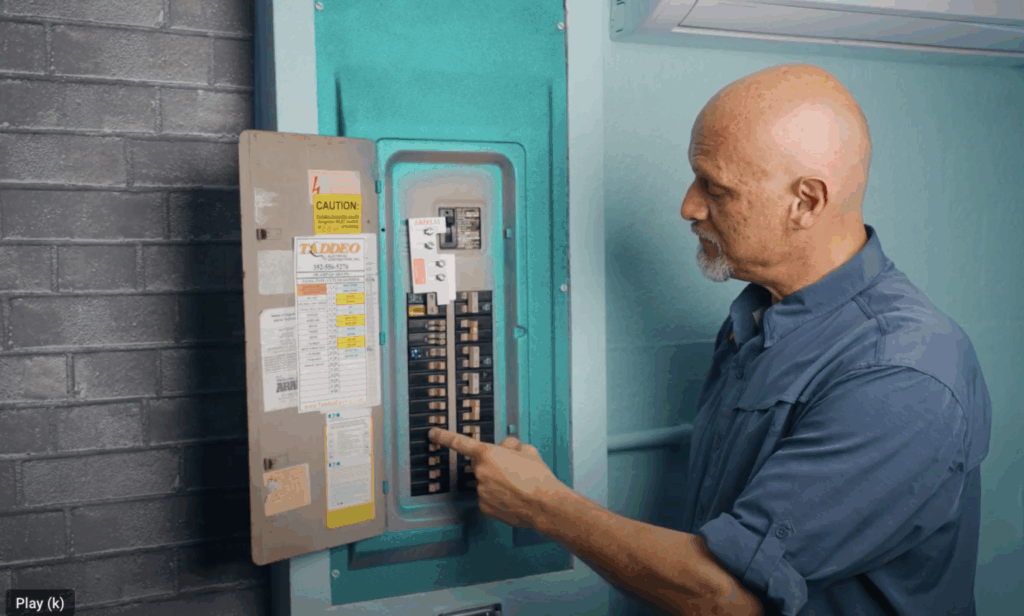FAQs: Get Answers to Our Most Commonly Asked Electrical Repair Questions
Are your electricians licensed and insured?
We are insured, and Taddeo’s owner, Vinnie Camenzuli, holds a Master Electrician’s license. All electricians on our team operate under this license.
Our seasoned electricians also hold Journeymen licenses, which means they underwent state testing to prove their knowledge and competency as electricians.
Does every electrical job require a permit?
Any job that involves adding or altering electrical work in your home requires a permit. Our electricians take care of pulling the permit before they begin working. The cost of the permit will be included in your estimate.
Will I need to hire a separate contractor to make drywall repairs?
Yes. We can provide references to contractors we know and trust.
What is your warranty or guarantee on electrical repairs?
We warranty all electrical work and labor for one year.
What kind of training and experience do your electricians have?
Our team of journeymen electricians consists of varying degrees of experience, and they are supervised by a master electrician.
As an investment in our community, we also hire apprentice electricians and put them through a training program to become journeymen. Click here if you’d like to join our team.
Do you perform safety inspections?
We offer three types of electrical safety inspections:
• Yearly inspections on your electrical system,
• Inspections for anyone buying or selling a home, and
• Inspections for home insurance purposes.
Get More Expert Tips in Your Inbox
Need An Appointment?


West Central Florida’s Most Trusted Electrical Contractors

